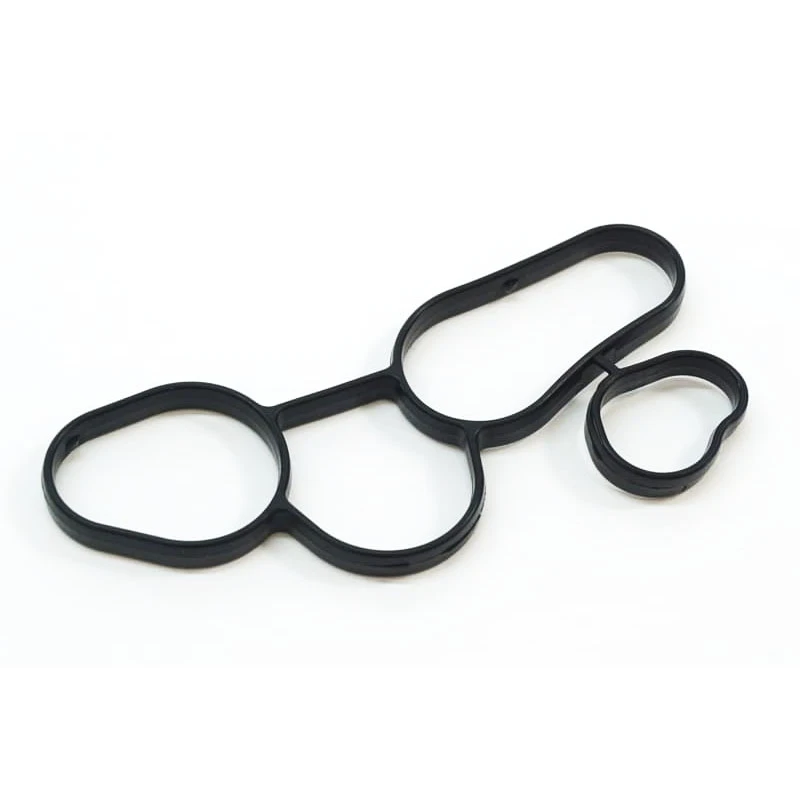Flat Metal Gaskets for Efficient Sealing Solutions in Industrial Applications
Flat Metal Gaskets Design, Applications, and Advantages
Flat metal gaskets are essential components used in various industrial applications, primarily for sealing purposes in piping systems, vessels, and machinery. These gaskets, typically made from materials such as stainless steel, copper, or aluminum, provide exceptional sealing capabilities under a range of conditions, including high pressures and temperatures. Understanding the design, applications, and advantages of flat metal gaskets is crucial for engineers and maintenance personnel in industries such as oil and gas, chemical processing, and power generation.
Design Features
The design of flat metal gaskets is key to their effectiveness. Unlike traditional gaskets that may be made from softer materials, flat metal gaskets are rigid and often feature a more simplistic geometry, typically in the form of a flat disc. This design allows them to conform efficiently to the surfaces they are sealing, creating a robust barrier against leaks. The thickness and material choice play vital roles in determining the gasket's performance characteristics. For instance, thicker gaskets can accommodate more significant surface imperfections, while specific materials can be chosen based on the chemical compatibility required for the application.
Applications
Flat metal gaskets are widely used in various applications. In the oil and gas industry, they are crucial for sealing flanges in pipelines where high-pressure gas and liquids need to be contained. Similarly, they are vital in the chemical processing sector, where they prevent hazardous substances from leaking out of reactors and vessels. Other applications include automotive engines, where flat metal gaskets are used to seal components under high temperature and pressure conditions. Additionally, power generation facilities utilize these gaskets in turbines and boilers, where they help maintain system integrity and efficiency.
flat metal gasket

Advantages of Flat Metal Gaskets
One of the primary advantages of flat metal gaskets is their durability. Unlike organic or composite gaskets, flat metal varieties are less susceptible to degradation from environmental factors such as heat, chemicals, and moisture. This resistance contributes to their longevity and reduces the need for frequent replacements, thereby lowering maintenance costs.
Another significant benefit is their ability to withstand extreme conditions. Flat metal gaskets can maintain their sealing performance under high temperature and pressure, making them ideal for demanding environments. Furthermore, they often have excellent compressive strength, meaning they can hold up against forces applied during assembly and operation.
Moreover, flat metal gaskets can provide more predictable sealing performance than softer gaskets. Because they do not deform as easily, they offer consistent sealing capabilities over time, leading to improved operational efficiency and safety.
Conclusion
In summary, flat metal gaskets are indispensable components in various industrial applications due to their unique design and properties. Their durability, resistance to extreme conditions, and superior sealing performance make them a preferred choice for engineers and maintenance professionals alike. As industries continue to evolve, the demand for reliable sealing solutions will only increase, ensuring that flat metal gaskets remain a vital component in modern engineering practices. Understanding their features and applications is essential for optimizing system performance and reliability in any industrial setting.
-
Understanding the Front Main Engine Seal: Purpose, Maintenance, and Installation
News Jul.29,2025
-
Understanding O-Rings and Seal Rings: Types, Applications, and Custom Solutions
News Jul.29,2025
-
Understanding Crankshaft Oil Seals: Rear Seals, Pulley Seals, and Their Role in Engine Integrity
News Jul.29,2025
-
The Importance of Front and Rear Crankshaft Seals in Engine Performance and Oil Management
News Jul.29,2025
-
Crank Oil Seals: Functions, Types, and Cost Considerations in Engine Maintenance
News Jul.29,2025
-
A Comprehensive Guide to O-Rings and Seals: Types, Materials, and Global Applications
News Jul.29,2025
-
Mastering Diesel and Performance Engine Maintenance: A Guide to Critical Oil Gaskets
News Jul.28,2025
Products categories















